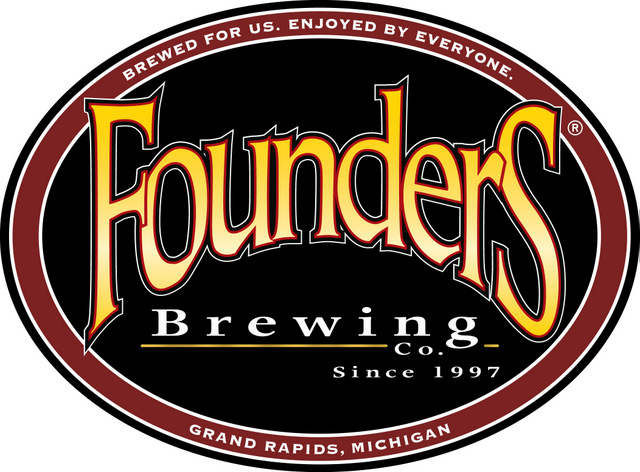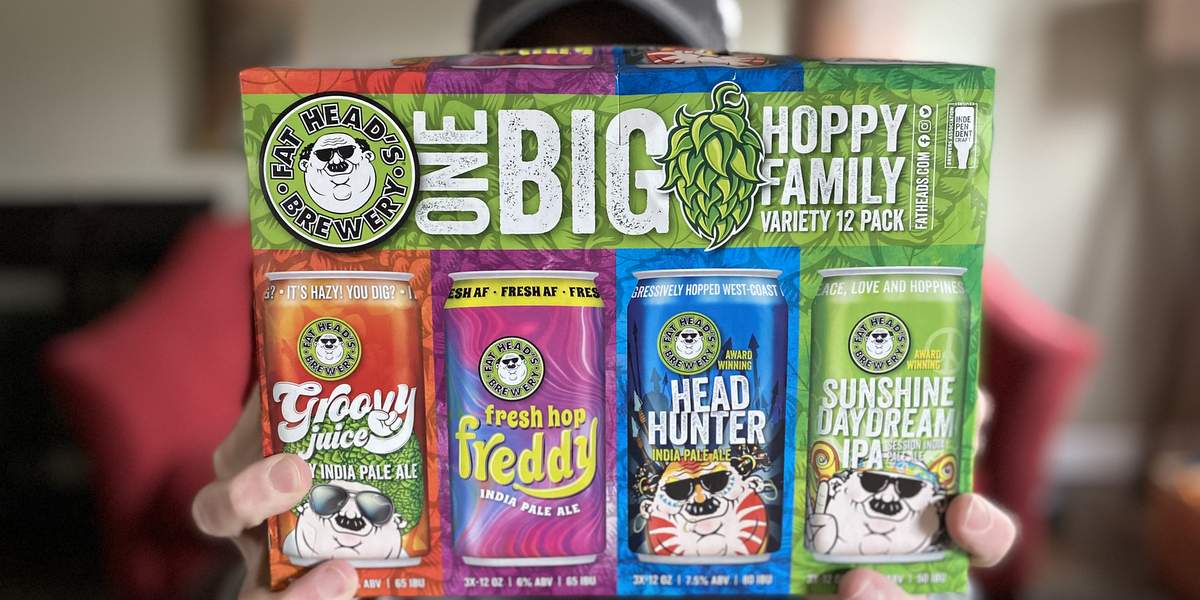 Founders Brewing Co. is struggling with a severe PR problem, and this week the company addressed it in a big way. Last October, a former employee of Founders or Canal Street Brewing Co., Tracy Evans, filed a discrimination lawsuit against the Grand Rapids, Mich.-based brewery, which just ranked No. 14 overall in the top 50 breweries in America based on beer sales volume, according to the Brewers Association (a trade organization representing craft brewers).
Founders Brewing Co. is struggling with a severe PR problem, and this week the company addressed it in a big way. Last October, a former employee of Founders or Canal Street Brewing Co., Tracy Evans, filed a discrimination lawsuit against the Grand Rapids, Mich.-based brewery, which just ranked No. 14 overall in the top 50 breweries in America based on beer sales volume, according to the Brewers Association (a trade organization representing craft brewers).
Evans, who is black, said he was terminated in 2018 because of a racially discriminating work environment which he detailed extensively. We had one of the top craft beer lawyers in the country take a look at the case last year, and you can read his thoughts right here.
The lawsuit became an even bigger and more important conversation when Beer Kulture writer Toni Canada penned a wrecking ball think-piece called “Selective Outrage: Does Inclusion Include Us?” Canada blasted the lack of coverage and conversation about the Founders lawsuit situation compared to two recent controversies in the craft beer community — Trillium Brewing Co. cutting employee wages (which we covered) and Great Lakes Brewing News’ stupefying misogyny essay on beer (which we didn’t give the time of day). From Canada:
The craft beer community swears it isn’t racist, but the disparity in the amount of visibility, public concern, and outrage given to issues offending white craft beer drinkers versus those concerning black folks tells a different story.
Almost anyone who reads about craft beer read that post. The folks at Founders certainly did, and this week they responded to the conversation as a whole.
While companies are usually discouraged from commenting on pending litigation — and we have been advised to keep silent — a recent legal case filed against Founders has been so grossly misconstrued that we feel compelled to speak out.
The article is attributed to Founders founders Dave Engbers and Mike Stevens. The piece addresses the four major claims made by Evans, which we’ve posted below, calling all of them false. As we noted in our original article, we can’t say what is true and what is not, but we did note that racial, religious and gender slurs cannot be tolerated at work. Those types of employees must go, and everyone should know the consequences of that up front. Here is part of Founders response, and you should read all of it here.
Language: The employee reported on two occasions to Human Resources (HR) that co-workers had used the n-word in conversation. We have no tolerance for such language and acted immediately to address those situations. This offense was documented in both employees’ files, and it was made clear that the use of any racially insensitive language would result in immediate termination. At the time, the former employee who brought the complaints to HR was satisfied with HR’s actions in addressing each situation. In the first incident, the former employee explicitly told HR he did not want the offending co-worker to be fired, and in the second incident, the former employee told HR he was satisfied with the disciplinary action that was taken.
Promotions: Founders consistently valued and elevated the former employee during his time at Founders. Among other things, the employee was given two promotions during his less than five-year tenure at Founders, including one where he was selected for the promotion out of a pool of 294 applicants.
Termination: In his new role after the second promotion, the employee made several critical errors and then stated that he did not know what he was supposed to be doing in his job. To address these significant issues, we put the employee on a 90-day performance improvement plan and gave him additional training and support to help him succeed. Despite these efforts, he continued to miss multiple milestones and markers. He was therefore terminated for poor performance.
Printers: The employee’s claim that Founders gave printers racially offensive names is simply untrue, and no employee has ever raised a concern to HR about such a thing.
The article notes that a few months ago, the company created a new role — Director of Diversity and Inclusion. Engbers and Stevens finish with: “The conversations around diversity and inclusion that are happening on a larger scale are emotional but absolutely necessary. We believe that as industry leaders we have a responsibility to help drive that essential change. We are committed to doing just that.”






William Lane says
For what it’s worth, PIPs can be written in such a way to produce a specific result.
Brewery Mediation Network says
HR serves an important role in a business. It does have limitations in function and reach.
John Baker says
wow! Racist AF!